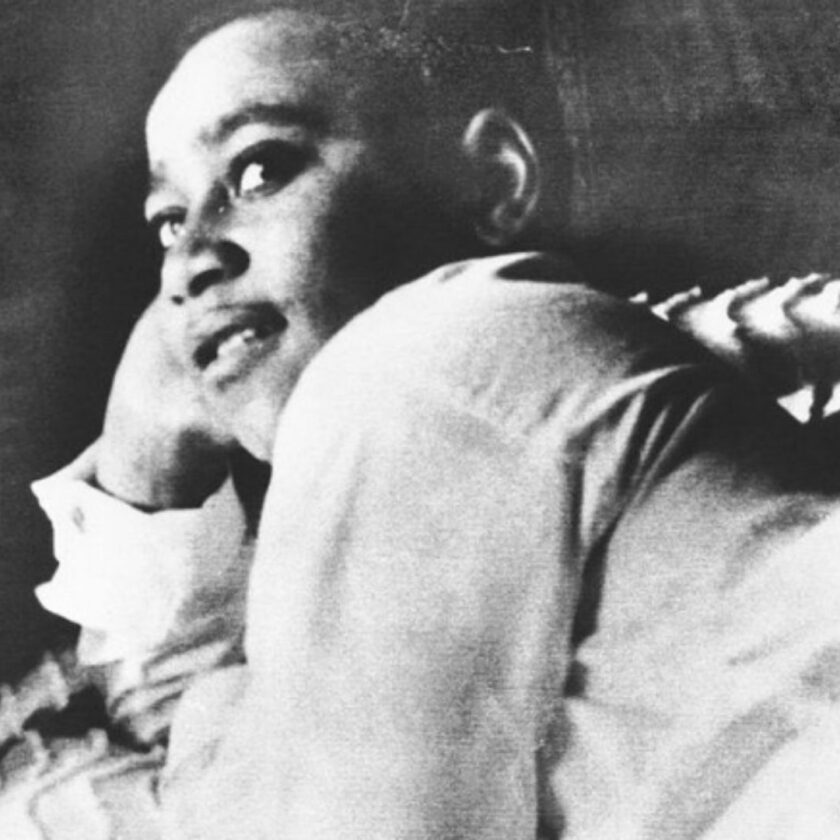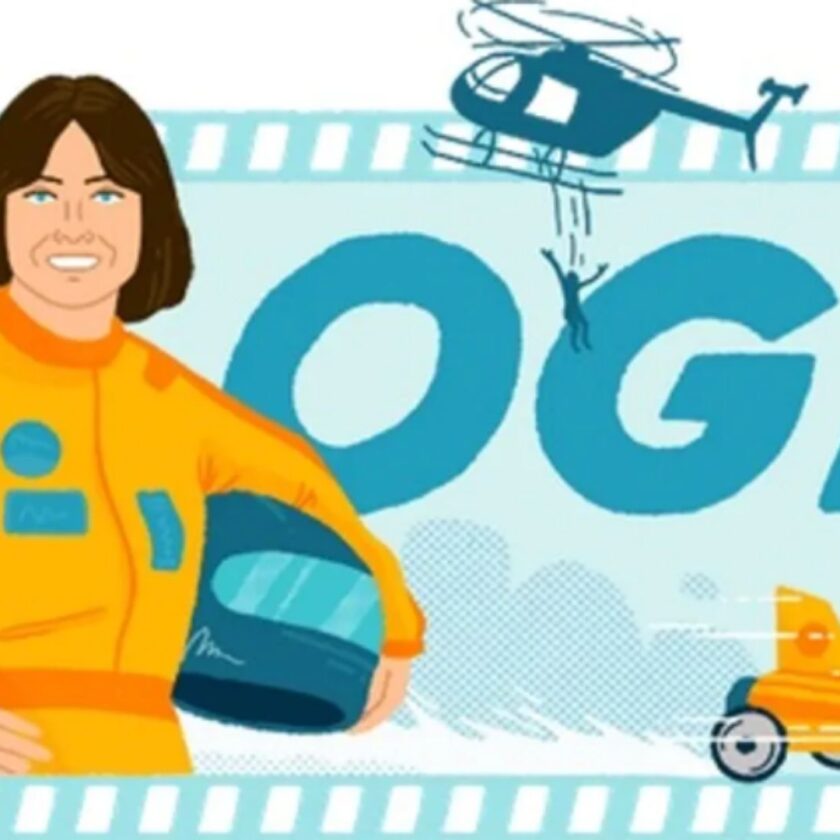Paris (AFP) – It is 50 years since Ziggy Stardust – – a person who transformed David Bowie into an intergalactic star and simultaneously reformed sexual legislative issues– – crashed onto Earth.
The London vocalist had endured 10 years attempting to refine his stage persona, yet regardless of several hits – – 1969’s “Space Oddity” and “Changes” after two years – – he still couldn’t seem to accomplish the fame he longed for.
“He had flopped in all that he attempted starting from the start of his vocation,” Jerome Soligny, one of the world’s driving Bowie specialists and creator of “David Bowie: Rainbowman”, told AFP.
Yet, on June 16, 1972, “The Rise and Fall of Ziggy Stardust and the Spiders from Mars” at long last arranged every one of the components he had been retaining.
There was the filthy stone of Iggy Pop and Lou Reed, whom he had met in New York, the emulate and theatre he had concentrated on in London, evaporator suits from “A Clockwork Orange”, and wild, male/female styles from the underground gay clubs he regularly visited with his significant other.
Into the mixture went Bowie’s recollections of veteran rocker Vince Taylor. He had flown out of control and accepted he was an outsider god and his fixation on a Texas country vocalist known as Legendary Stardust Cowboy.
What’s more, out came a modified self-image in Ziggy Stardust – – a container sexual outsider rockstar from space who took care of a yearning in mainstream society for something revolutionary and stunning after an excessive number of long periods of long-haired nonconformists.
“We maintained that nothing should do with the sixties,” Bowie later said. “We were resolved that we were toward the start of the 21st century. We needed to clear out all that went previously.”
Lovely creation
Vital to the effect of the collection was a meeting he gave British music week by week Melody Maker a couple of months before its delivery.
“I’m gay and consistently have been, in any event, when I was David Jones,” he expressed, dazzling in his spiky red hair, skin-tight jumpsuit and red plastic boots.
It was stunning at that point – – the principal significant big name to emerge, under five years after homosexuality was decriminalized in Britain.
Before long, this demeanour would make him a symbol, giving a mental life saver to ages of strange children and outcasts.
“It was showcasing before now is the ideal time – – (that assertion) was his most lovely creation, and it permitted him to incubate, to become more than a very much kept secret among the stone scholarly people,” said Soligny.
‘Mental annihilation’
In any case, it required a long time to get on.
The shows were an extreme change from the standard, with different ensemble changes and a circular story segment; however, scarcely twelve individuals appeared in a portion of the early Ziggy shows – – and once in a while, they were booed off the stage.
An appearance in July on the unbelievable BBC show “Top of the Pops”, trailed by a colossally effective US visit, changed all that.
It helped that there was something else to Bowie besides dramatic skill and shock esteem – – a complexity missing from many of his glitz rock peers.
The collection stays a genuine stone work of art, loaded with hits like “Starman”, “Suffragette City”, and the title track.
As Rolling Stone magazine composed at that point, Bowie “never made his sexuality anything over a regular and vital piece of his public self, declining to bring down it to the degree of contrivance”.
Rapidly, Bowie became one of the characterizing craftsmen of his age.
Furthermore, he suddenly finished it – – declaring at a gig in London in July 1973 that Ziggy was no more.
The achievement had made it hazardously difficult to isolate the Ziggy storyline from the real world.
“With the assistance of a few synthetic substances at that point, it became more straightforward for me to obscure the lines among the real world and the favoured animal that I made… Then, at that point, you start on the path of turbulent mental annihilation,” Bowie later reviewed.
Ziggy was dead, yet Bowie had set a layout for making characters that he would go on with enormous progress in the years to come.




